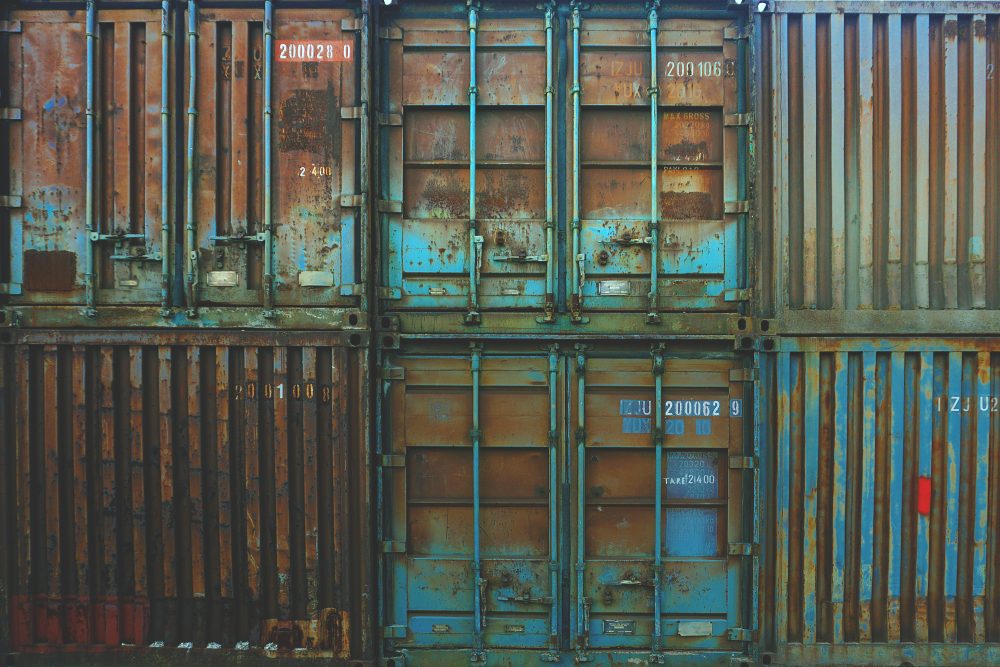The General Contract of Use for wagons – the most far reaching legal texts in the railway arena

The General Contract of Use (GCU) has been in force since July 1 2006, and governs international carriage of goods by rail – and by extension through the general term and conditions of railway undertakings, to national traffic as well.
The GCU is a multilateral contract based on the international convention COTIF 1999 and Annex CUV. The GCU specifies the mutual rights and obligations of Wagon Keepers (K) and Railway Undertakings (RU) with regard to the use of rail freight wagons as a means of transport throughout Europe and beyond. Since its start in July 2006, the GCU has grown to an impressive network of more than 600 signatories across 20 countries, with more than 600,000 wagons currently declared in the GCU wagon database.
The importance of this instrument is illustrated by the fact that without it RUs and wagon keepers would be unable exchange wagons between them; the GCU governs all practical matters related to wagon use: wagon damage or damage caused by the wagon, loss of the wagon, delays in transport, compensation for loss of use when the wagon is immobilised for reasons out of the Keeper’s control.
GCU is one of the UIC Global Rail Freight supporting associations and will be present at the conference. Attend the GRFC 2016 on 22 and 23 June 2016 and find out how effective the GCU is at improving efficiency.
More news
Robert van der Waal, Director of Logistics Operations for Samsung – Business case for combining rail freight
More and more businesses are joining the NewWays community, which matches shippers from Southern Holland up with each other to create combined shipment journeys on European railways. This is a market-driven initiative where various shippers are pooling their cargo to transport it efficiently, and at lower rates, by rail. Robert van der Waal, Director of Logistics Operations… Read more ›
The Silk Road’s revival: the first freight train connecting China to Iran
Through the path of the ancient Silk Road, the first freight train connecting China to Iran arrived in the Iranian capital after traveling over 10,000 kilometers. In a sign of China’s increasing role in Central Asia and the Middle East, on 16 February a Chinese train arrived in Tehran after a 14-day journey. The freight train just used existing… Read more ›
Session 3 – Rail Freight 4.0: Innovation and digitalization for global solutions
What are the solutions for digitalization and innovation in rail freight? The third session of the UIC Global Rail Freight Conference will focus on the challenges of freight in the digital era. Being competitive in the rail freight business of the 21st Century implies adapting processes and rolling stock to the era of digitalization, innovation… Read more ›
